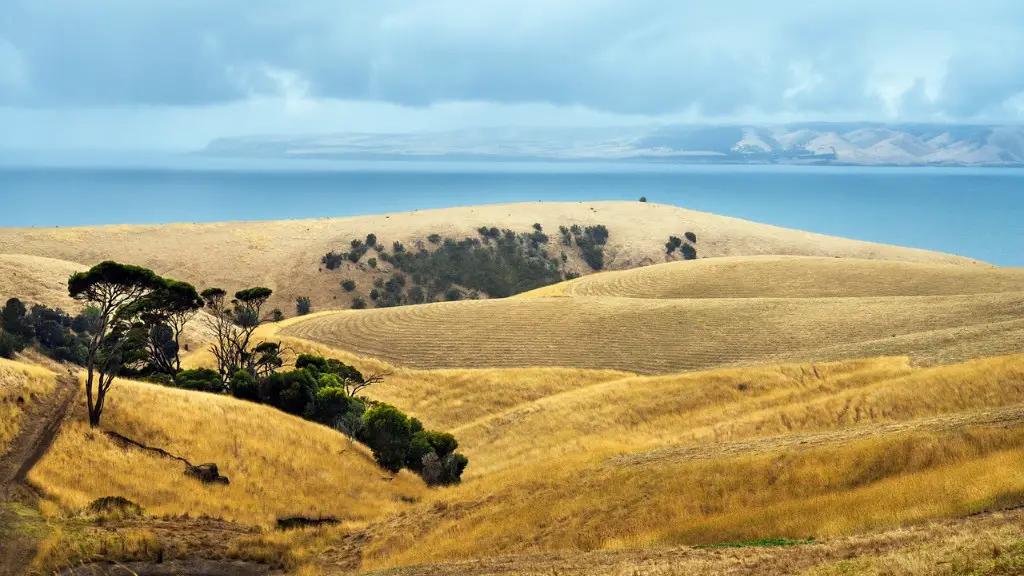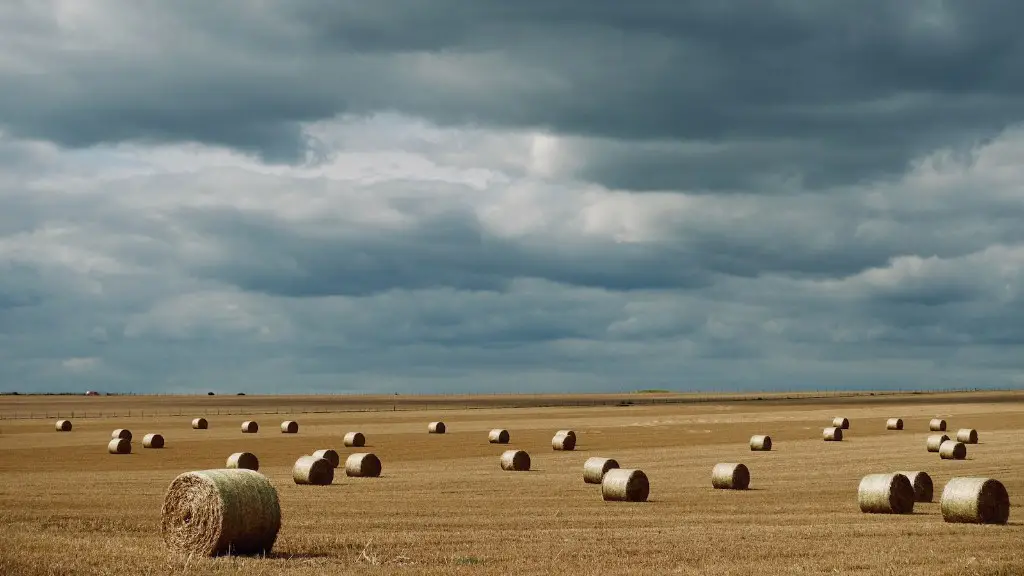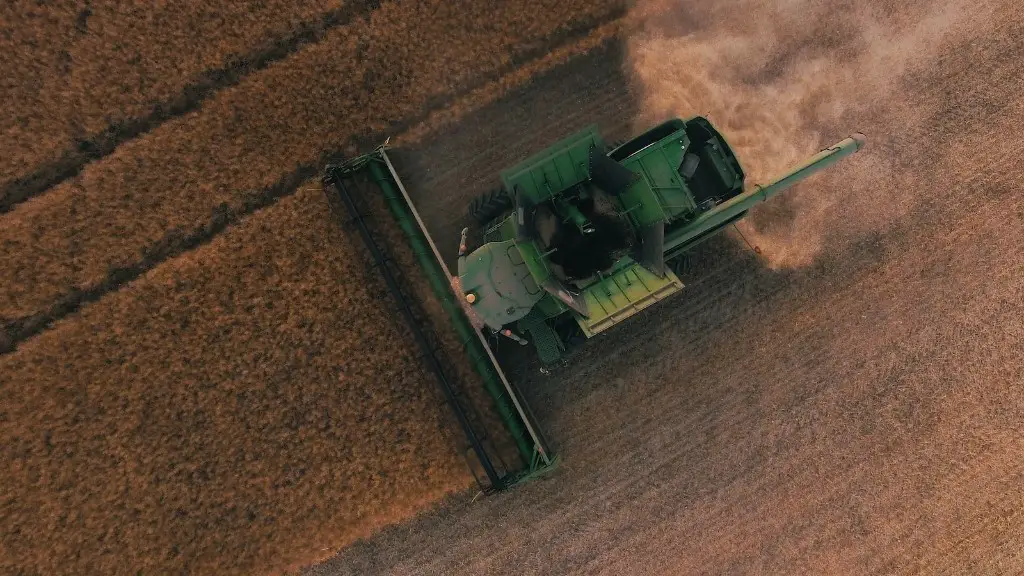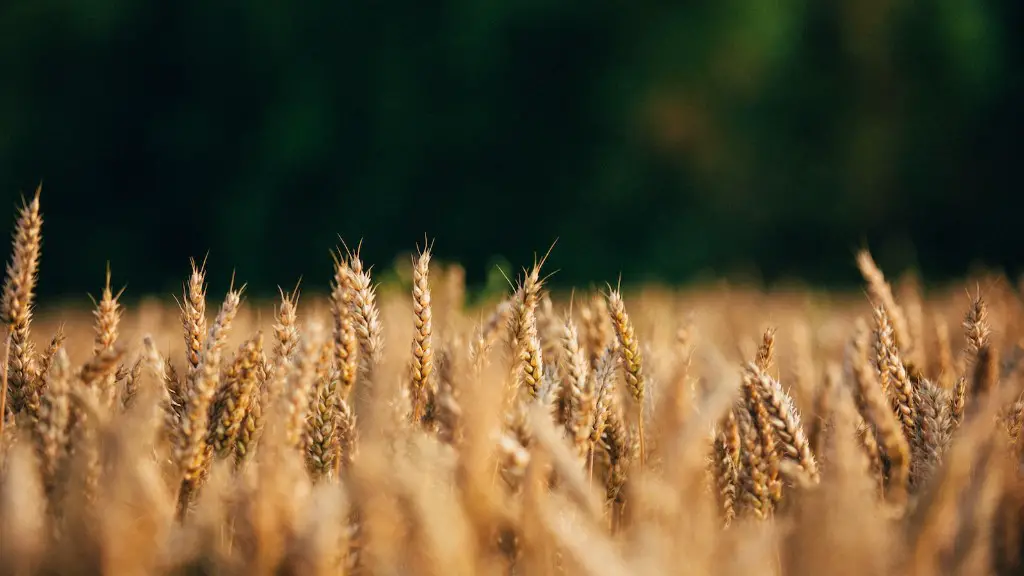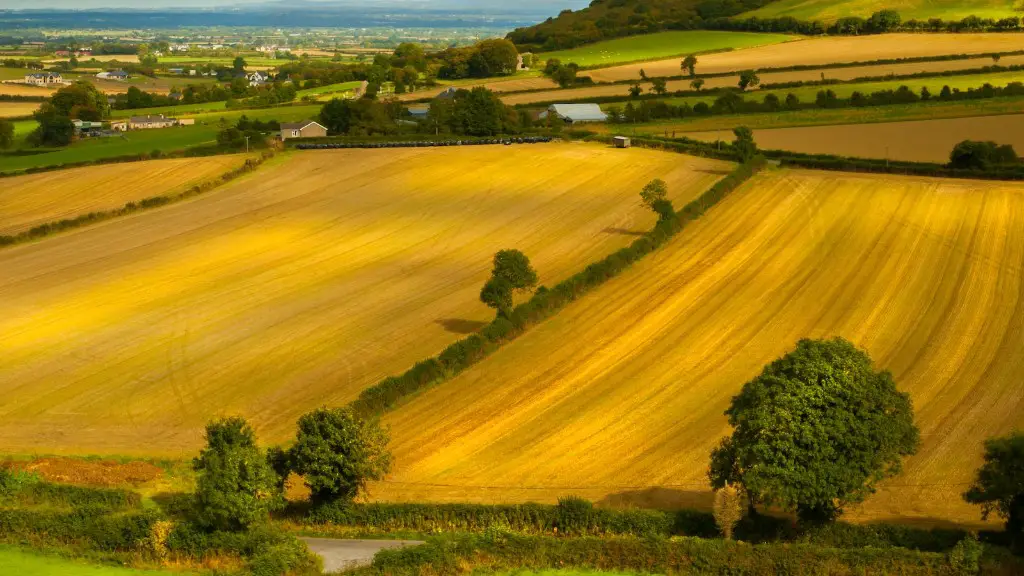Africa is a vast and varied continent with a long history. Agriculture is thought to have first developed in Africa somewhere between 10,000 and 5,000 BC in the Sahel region, a belt of land along the southern edge of the Sahara desert. From there, it gradually spread throughout the continent, culminating in the fertile crescent of North Africa by around 2,500 BC. Today, African agriculture looks very different from those early days, but it remains a vital part of the continent’s cultures and livelihoods.
The beginnings of agriculture in Africa are uncertain, but it is thought that it may have arisen independently in different regions at different times. Early evidence of agriculture has been found in the Sahel region of Africa, where early food crops include sorghum and millet. It is also thought that bubinga trees, which are indigenous to the region, were first domesticated for their timber.
When was agriculture first practiced in Africa?
African agriculture is thought to have originated independently around 3000 BCE. It first appeared in the fertile plains on the border between present-day Nigeria and Cameroon. It is possible there finally was a “Garden of Eden” there to “trap” people into early farming.
This economic revolution led to the development of new technologies and the rise of new civilizations. In the south, the first farmers began to clear the forests and to cultivate the land. They also domesticated animals and plants, and developed new tools and weapons. This allowed them to produce more food, which led to a population explosion. The surplus of food allowed some people to specialize in other activities, such as trade, manufacturing, and art. This led to the rise of cities and the first civilizations.
What was the earliest farming in Africa based on
Pastoralism is the earliest form of food production in sub-Saharan Africa, developing first in North Africa c 8,000 years ago. Pastoralism is a form of agriculture in which livestock are raised for meat, milk, and other products. The Sahara was a more hospitable environment for early pastoralists, with higher rainfall than it is today. Pastoralism gradually spread southwards during the early to mid-Holocene, as the climate became drier and the Sahara desert expanded.
The Bantu-speaking people who arrived in southern Africa around 250 AD were African farmers who came from further north in Africa. They lived in an era that archaeologists call the Iron Age. These people were the first to bring iron-working technology to the region, which allowed them to produce tools and weapons that were more efficient than those made of stone or bronze. This new technology helped the Bantu-speaking people to spread their culture and language throughout southern Africa, and eventually, across the entire continent.
Was there farming in Africa before colonization?
Before colonialism, farmers in Africa grew a diverse range of food crops and managed risk in various related ways. However, under colonial rule they were coerced into growing export commodities for which they received limited real value. This resulted in a decline in food production and increased vulnerability to shocks and stressors.
Agricultural practices were likely diffused throughout the continent as a result of people moving away from the drying Sahara. This is similar to the spread of pastoral practices discussed earlier.
Where did agriculture develop in Africa?
The Sahel and the south of the Sahara Desert in 5200 BC was far more moist and densely populated than today. This allowed for the first agriculture in Africa to begin. Several native species were domesticated, most importantly pearl millet, sorghum and cowpeas. These crops then spread through West Africa and the Sahel.
It is now widely accepted that agriculture originated in different parts of the world independently. One of the most important early cradles of agriculture was in West Africa, around the Niger River Basin. This is where several traditional African food crops, such as pearl millet and African rice, first began to be cultivated.
Recent genomic studies have shed new light on the origins of these crops, and have shown that they have a deep history in the region. This is an important finding, as it shows that African agriculture is not simply a copy of other, more well-known traditions, but is instead a unique and indigenous tradition with a rich history of its own.
Where did the first farmers in Africa develop from
Agriculture in sub-Saharan Africa is believed to have started independently about 3000 BCE in the savannah region on the border between present-day Nigeria and Cameroon. This region is thought to be where the first crops were domesticated, including yams, okra, and African rice. From here, agriculture spread throughout the continent, adapted to different environments as people moved. Today, farming is an important part of many African cultures and continues to play a significant role in the continent’s economy.
The Bantu people were a group of farmers who migrated out of West Africa starting around 1000 BCE. They traveled across the continent, spreading their farming methods and knowledge. Some of them traveled along the Sahel, a strip of land below the Sahara that was covered in grasslands. This provided them with a verdant environment that was ideal for farming. The Bantu people’s migration played a significant role in the development of agriculture in Africa.
What is the oldest agriculture in the world?
The origins of many of our most popular crops can be traced back to the Near East region. Cereals such as wheat and barley were first grown in Syria 9,000 years ago, while fig trees were first cultivated even earlier, around 11,300 years ago. This region is also home to the wild progenitors of crops like peas, which makes it an important area for agricultural research.
Egyptians were among the first peoples to practice agriculture on a large scale. This was made possible with the development of basin irrigation, which allowed them to farm in the desert. They began tofarm in the pre-dynastic period from the end of the Paleolithic era, around 10,000 BC. By 4000 BC, they had developed a highly successful agricultural society that supported a large population.
What caused African farmers to settle first
The African farmers were not nomadic, but were settled in large groups. They grew crops that needed summer rainfall in order to grow. They settled on land that had enough rainfall in summer for their crops to grow.
This is an interesting study that adds to our understanding of the origins of agriculture. It seems that the first farmers were a mix of Ice Age hunter-gatherer groups, spread out across the Near East and into southeastern Europe. This gives us a new perspective on the Neolithic period and the origins of agriculture.
Which crops did African farmers grow?
The early African farmers were able to grow two types of crops which were sorghum and millet. These grains could be then be ground into a powder to make porridge or even beer. However, after the Europeans arrived in the 1500s, the early farmers introduced wheat and maize to Africa.
In Africa, trade can be restricted by outdated policies, high import duties and border bureaucracy. Inadequate infrastructure within the continent remains an obstacle to small-scale farmers, the majority of whom live and farm in rural areas. These farmers often lack the resources and knowledge to take advantage of new opportunities, including those created by regional integration initiatives. As a result, they remain largely dependent on subsistence agriculture, which is often not able to provide sufficient incomes or food security.
Conclusion
Agriculture began in Africa during the Neolithic period, between 10,000 and 5,000 BC.
The answer to this question is not simple as there is still much debate on the subject. However, it is generally agreed that agriculture began in Africa during the Neolithic period, which dates from around 10,000 BC. This was a time when human populations were growing and people began to settle in one place, which led to the development of new technologies and ways of life. Agriculture allowed for the growth of civilizations and the rise of cities, and it continues to be a vital part of the African economy today.
